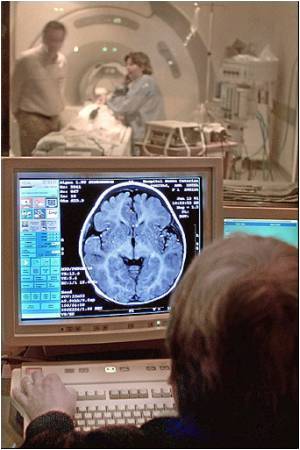
But, in this new study at Oxford, scientists used exosomes, produced by cells, and which travels around in the body, taking genetic material with them.
Using mice in their study, they first harvested exosomes from the cells of the mice, filled the exosomes with a piece of genetic code, siRNA, and injected them back into the mice. The siRNA was delivered to the brain cells, and the result was a gene, BACE1, which is involved in Alzheimer's disease, was inhibited. There was a 60% reduction in the gene's activity.
The researchers are now going to test the treatment on mice with Alzheimer's disease to see if their condition changes. Trials in human patients could begin within five years.
The study, published in Nature Biotechnology could be used, not just to treat Alzheimer’s but motor neurone disease, Parkinson's and Huntington's too.
"These are dramatic and exciting results," said the lead researcher Dr Matthew Wood. "This is the first time this natural system has been exploited for drug delivery."
Advertisement
Advertisement










